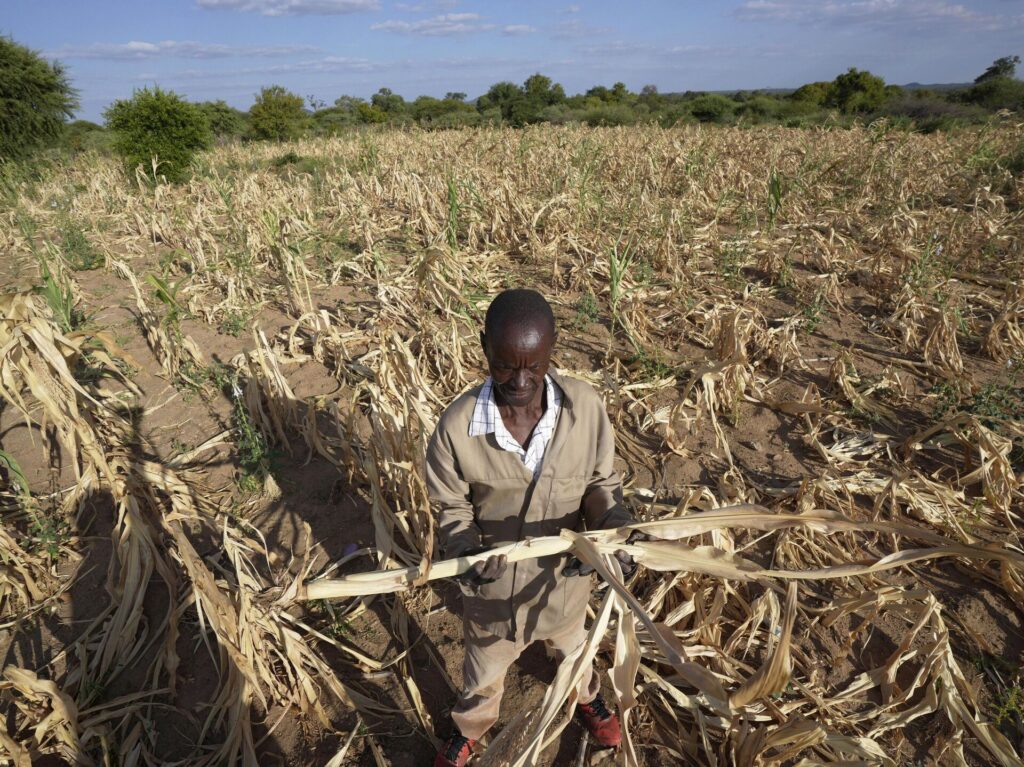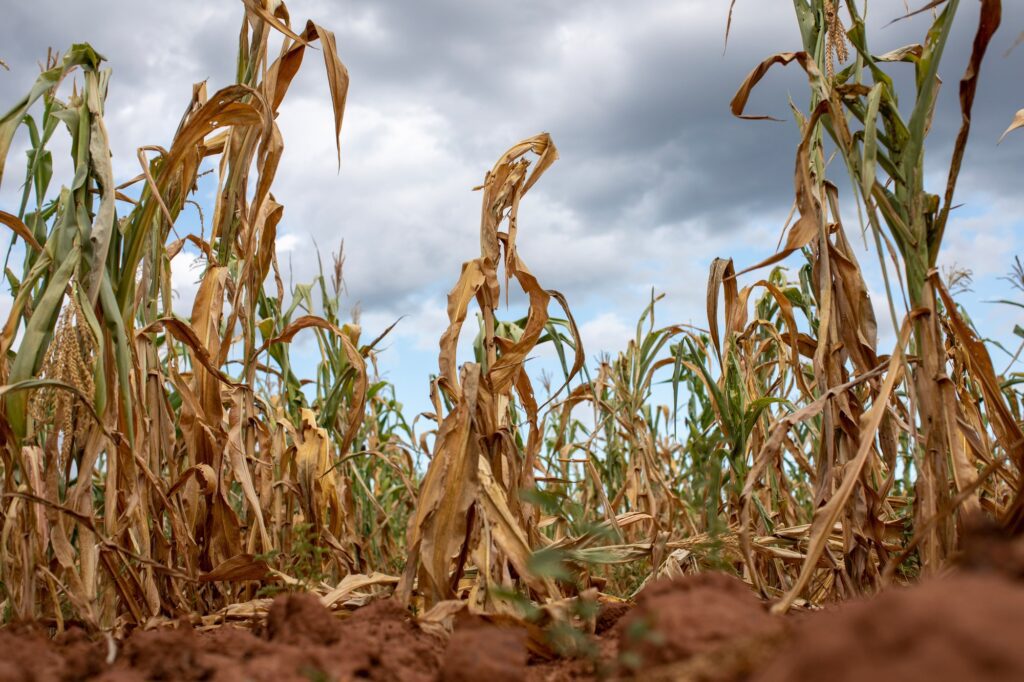Zimbabwe Faces Severe Child Food Poverty Amid Climate Crisis
A new UNICEF report has revealed that 580,000 young children in Zimbabwe are living in severe food poverty, putting them at high risk of life-threatening malnutrition.
The global report found that around 181 million children under 5 worldwide are experiencing severe child food poverty, defined as consuming two or fewer of the eight key food groups per day. In Zimbabwe, less than one in ten children consume a daily diet with the minimum five food groups needed for optimal growth and development.
“Food insecurity among Zimbabwean children could further deteriorate in 2024 with the El Nino induced drought that has caused above-average temperatures and below average rainfall,” said Dr. Nicholas Alipui, UNICEF Representative a.i. in Zimbabwe. “It is urgent to address child food poverty today to avoid more children being pushed into a life-threatening status of severe malnutrition.”

The report highlights a concerning link between severe food poverty and malnutrition, finding that children living in severe food poverty are up to 50% more likely to suffer from wasting, a deadly form of acute malnutrition.
In Zimbabwe, the impacts of the COVID-19 pandemic, health outbreaks like cholera, the climate crisis, and rising food prices have all contributed to growing child food poverty. These factors have prevented hundreds of thousands of the country’s youngest and most marginalized children from accessing the nutritious foods they need in the critical early years of life.
“What and how children are fed in early childhood determines their survival and shapes their growth, development and learning for the rest of their lives,” Dr. Alipui emphasized. “But hundreds of thousands of Zimbabwean children – especially the youngest aged between six months and two years, the poorest and the most marginalized – do not have access to the minimum nutritious foods they need during the time in their lives when good nutrition matters most.”

In response, the Government of Zimbabwe, UNICEF, and other partners are implementing community-based nutrition programs to improve children’s diet diversity and prevent malnutrition. These efforts focus on making nutrient-dense foods more available and accessible at the household level through “Care Groups” that connect caregivers to health, water, sanitation, and agriculture services.
“To scale up community-based nutrition activities, additional support is needed from Government, development and humanitarian partners, national and international civil society and non-governmental organizations, and the private sector,” said Dr. Alipui.

Investing in these lifesaving interventions is crucial, as the long-term impacts of child food poverty and malnutrition can be devastating. Malnourished children face higher risks of stunting, wasting, and micronutrient deficiencies that impair their physical and cognitive development, with consequences that can last a lifetime.
With the compounding effects of the climate crisis and other crises, urgent action is needed to ensure all Zimbabwean children have access to the nutritious foods they need to survive and thrive. By scaling up community-based nutrition programs, Zimbabwe can work to prevent hundreds of thousands of young lives from being devastated by severe food poverty.
#News in Bulawayo #News in Zimbabwe Artist Arts BCC Bulawayo Bulawayo City Council Bulawayo economy Bulawayo industry Bulawayo news Bulawayo Police Bulawayo Water Bulawayo Water Crisis Bulawayo Women entrepreneurship Business Women Cholera Community Culture Currency Drug Abuse Drugs Economy Farmer Farmers Farming Informal Sector Informal Traders Mining MSMEs Music News in Bulawayo News in Zimbabwe Police Police in Bulawayo Vendor Vendors water Water Crisis Water Shortage water supply issue Women entrepreneurship ZESA Zimbabwean economy Zimbabwe news Zimbabwe water crisis ZRP
Join us for all News in Bulawayo and Bulawayo News in Zimbabwe.












